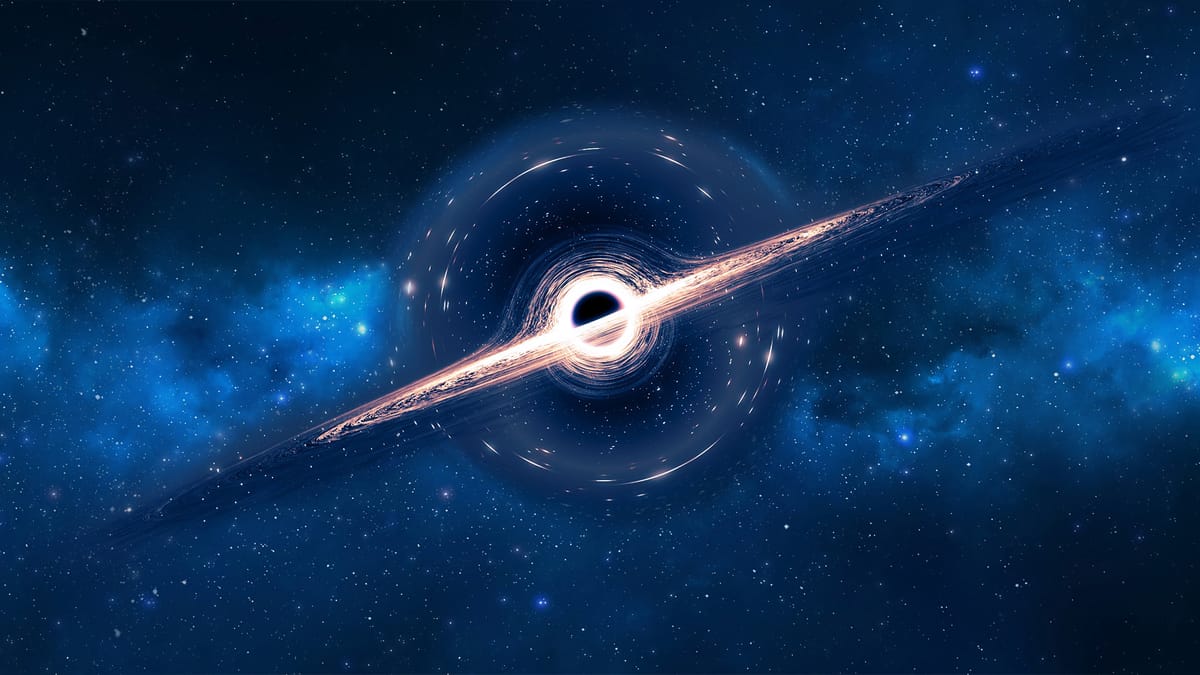Black Holes and Time Travel Ponderings

Black holes are one of the most mysterious and fascinating phenomena in the universe. These objects are formed when a massive star runs out of fuel and collapses under the force of its own gravity, creating a region of space so dense that nothing, not even light, can escape from it. One of the most intriguing aspects of black holes is the way they can affect the flow of time around them, leading to time dilation and even the possibility of time travel.
Time dilation is a phenomenon that occurs when time seems to pass more slowly for an object in a strong gravitational field, such as near a black hole. This is due to the way that gravity warps the fabric of space-time, making time run more slowly the closer you get to the black hole. For an observer outside the black hole, time appears to be passing normally, but for an object falling into the black hole, time would seem to slow down the closer it got to the event horizon, the point of no return where the gravitational pull is so strong that nothing can escape.
This time dilation effect has been observed in experiments using atomic clocks, where clocks that were flown in airplanes or placed on high mountains were found to run slightly slower than clocks on the ground, due to the weaker gravitational field at higher altitudes. However, the time dilation effect near a black hole is much more extreme, and could potentially allow for time travel.
According to Einstein's theory of general relativity, time and space are intimately connected, and can be distorted by massive objects such as black holes. This means that if we could somehow travel close to a black hole and return to Earth, we would experience time differently than those who stayed behind. If we were to travel at near-light speeds near a black hole, time dilation would become even more extreme, and we could potentially travel forward or backward in time.
However, the idea of time travel is still largely theoretical, and there are many unknowns and paradoxes associated with it. For example, if we were to travel back in time and change something in the past, what would happen to the future? Would we create an alternate timeline, or would we cause a paradox that could destroy the universe as we know it?
Despite these unknowns, the study of black holes and their effects on time dilation and time travel remains a fascinating area of research. Scientists are using advanced technologies such as gravitational wave detectors and supercomputers to simulate the behavior of black holes, and to explore the possibilities of time travel and other exotic phenomena.
Black holes are one of the most fascinating and mysterious objects in the universe, and their effects on time dilation and time travel are still largely unknown. However, the study of black holes and their properties is leading to new insights into the nature of space-time and the fundamental laws of the universe. As we continue to explore the mysteries of the cosmos, black holes will undoubtedly continue to captivate and inspire us for generations to come. At least until we're part of a singularity ourselves, perhaps..
